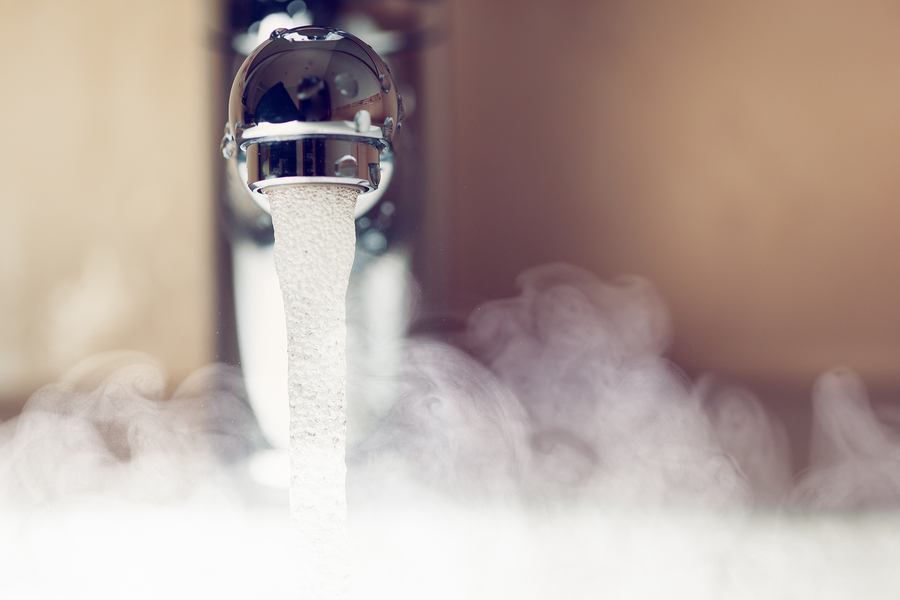Why Hot Water Is Discolored and How to Fix It
If you see a rusty or brown color in the hot water, it's more than just an unwelcome shock. Discolored hot water can signal problems with your plumbing and may impact your family's health. Let’s examine the reasons for this occurrence, how to resolve it, and when to seek help from a skilled plumber.
Causes for Discoloration
- Deteriorated Water Heater Tank: As time passes, the inside of a water heater tank may deteriorate, particularly if it is missing a working anode rod that helps to prevent rust. Corrosion leads to flaking of iron particles, which can result in discolored hot water in shades of brown or orange. This is a frequent problem with older water heaters and commonly indicates that the tank requires examination or potential replacement.
- Accumulation of Sediment in Tank: Minerals and sediment build up in the water heater tank as water is heated and eventually settles at the base. When these particles combine with the warm water, they may produce a murky or rusty look. The accumulation of sediment is especially frequent in regions with high mineral content in the water, such as calcium and magnesium.
- Pipe Corrosion: Discolored water in your plumbing system could also be a result of corrosion in older pipes. Iron or galvanized steel pipes are especially prone to rust, leading to potential water supply contamination. In these instances, discolored water can usually be observed from both the hot and cold faucets.
- Water Source Problems: Sometimes, the discoloration may be caused by the water source, particularly if nearby construction, mining activities, or problems at the municipal water treatment plant have impacted the water supply.
Solutions for Discoloration
- Flushing the Tank: A skilled plumber at High Speed Plumbing can flush out the sediment buildup in your water heater tank. This method assists in removing particles that may be responsible for the staining. Regular flushing is necessary for the maintenance of your water heater in order to avoid potential problems down the line.
- Examine the Anode Rod: If flushing out sediment does not fix the discoloration, it might be necessary to check the anode rod. This rod is made to draw in corrosive substances in order to shield the tank from rust. If it has worsened, replacing it may be the answer. It is advisable to get in touch with a plumbing repair service to have your anode rod inspected, particularly if you are unsure of how to do it on your own.
- Replacing Pipes: If your pipes are aged and corroded, discolored water may remain a problem. Replacing old pipes with newer ones that are more resistant to corrosion can greatly enhance the quality of water. A plumbing service can assess your plumbing setup and suggest the top choices for replacing pipes, lowering the chances of experiencing water discoloration in the future.
- Water Heater Repair or Replacement: When water is discolored, it may be a sign that your water heater is close to needing repair or replacement. If your water heater is exhibiting signs of rust or damage and is more than 10-15 years old, it may be time for a water heater repair or replacement in Claremont, CA. A skilled plumbing repair service can assist in deciding whether a repair or replacement is more suitable for your current situation.
Plumbing Services
If simple problem-solving doesn't fix the issue, then it's necessary to contact a plumber. Skilled plumbing professionals have the equipment and expertise to pinpoint and repair the root issues of water discoloration. Consistent upkeep from High Speed Plumbing can help avoid problems such as sediment accumulation and rust, guaranteeing a steady supply of pure, hot water in your house.
